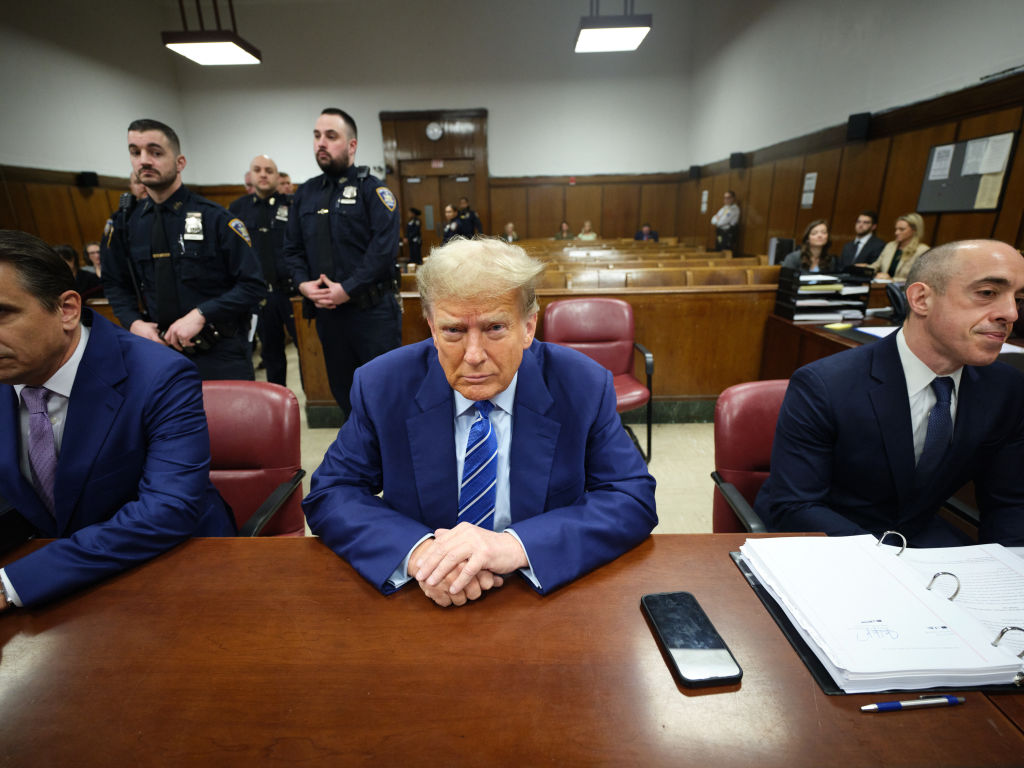After a promising start, U.S. stock indexes gave up an early rally and ended mostly lower Thursday after Republicans delayed a vote on their health care bill and left investors concerned about delays for the business-friendly agenda of President Donald Trump.
The Dow Jones industrial average rose as much as 96 points just before 1 p.m., but doubts about the bill cast a shadow over the market as hardline conservatives said they didn't support it. Health care stocks turned lower.
Elsewhere, a growing boycott of YouTube advertising hurt Alphabet, Google's parent company. Smaller companies did better than the rest of the market and more stocks rose than fell, a sign investors are still confident in the U.S. economy.
Near the close of trading, House Republican leadership postponed a vote on the American Health Care Act because of a lack of support. Conservatives and more moderate Republicans had opposing concerns about the bill, which is widely disliked by House Democrats.
Jamie Cox, managing partner for Harris Financial Group, said investors are worried about how the Republican-controlled Congress and White House will come together on issues including tax reform, a debt ceiling increase, and a boost in infrastructure spending.
"If the Republicans are having such a difficult time making changes to something they universally agree upon, how on earth are they going to agree on the more complicated tax cut that is coming through later in the year?" Cox asked. Still, the losses were small, suggesting investors think some of those proposals will be delayed rather than abandoned.
The Standard & Poor's 500 index fell 2.49 points, or 0.1 percent, to 2,345.96. The Dow lost 4.72 points to 20,656.58. The Nasdaq composite slid 3.95 points, or 0.1 percent, to 5,817.69. The Russell 2000 index, which tracks smaller companies, gained 7.83 points, or 0.6 percent, to 1,353.43.
U.S. & World
Bond prices edged lower. The yield on the 10-year Treasury note, which has skidded over the last few days, rose to 2.42 percent from 2.40 percent. That modest increase gave banks and other financial companies a lift.
The S&P 500 banking index had plunged 5 percent over the previous four days as bond yields and interest rates decreased. Banks turned higher on Thursday. SunTrust Banks added 67 cents, or 1.2 percent, to $54.85 and Huntington Bancshares rose 24 cents, or 1.9 percent, to $13.02.
Alphabet fell as a YouTube advertising boycott spread. Companies including Johnson & Johnson, AT&T and Verizon have suspended their YouTube ad campaigns in the last week because their ads were appearing alongside offensive videos, including some that promoted terrorism. The ads are placed automatically and Google has said it will do more to block offensive videos. YouTube is one of the fastest-growing parts of Google's ad system.
Alphabet lost $10.15, or 1.2 percent, to $839.65. Technology companies lagged the rest of the market. Alphabet is the second-most valuable company on the S&P 500 after Apple.
Companies that run Medicaid programs, like Centene and Molina Healthcare, stumbled in afternoon trading and health insurance companies like UnitedHealth and Humana took small losses. Drug companies also fell. Hospital operators traded higher, as did medical device makers.
Cox, of Harris Financial, said stocks probably won't fall much further if the bill ultimately fails because investors will focus on other items on Trump's agenda.
"The market doesn't care a bit about the health care legislation," he said.
PVH, which owns Calvin Klein and Tommy Hilfiger, jumped after its fourth-quarter profit and sales topped analyst estimates. It said sales for the Hilfiger brand grew in the latest quarter and its business is doing well in spite of high discounts in the U.S. The stock gained $7.70, or 8.5 percent, to $98.55.
Discount retailer Five Below also climbed after it surpassed Wall Street projections in its fourth quarter. The stock rose $4.12, or 10.8 percent, to $42.25. Retailers have struggled in recent months, but consumer-focused companies did better than the broader market on Thursday. Nike, which plunged 7 percent a day earlier, recovered $1.45, or 2.7 percent, to $55.37.
U.S. crude oil lost 34 cents to $47.70 a barrel in New York. Brent crude, used to price international oils, slipped 8 cents to $50.56 a barrel in London. That pulled energy companies lower.
In other energy trading, wholesale gasoline fell 1 cent to $1.59 a gallon. Heating oil lost 1 cent to$1.49 a gallon. Natural gas rose 4 cents to $3.05 per 1,000 cubic feet.
Gold fell $2.50 to $1,247.20 an ounce, which ended a small five-day streak of gains. Silver rose 2 cents to $17.59 an ounce. Copper picked up 1 cent to $2.64 a pound.
The dollar inched up to 111.07 yen from 110.92 yen. The euro slid to $1.0786 from $1.0798.
Germany's DAX jumped 1.1 percent and the CAC 40 in France rose 0.8 percent. Britain's FTSE 100 index added 0.2 percent. In Japan the Nikkei 225 gained 0.2 percent. Hong Kong's Hang Seng was flat and the South Korean Kospi gained 0.2 percent.



